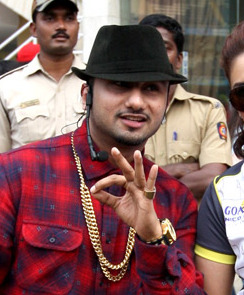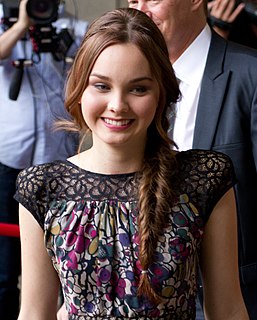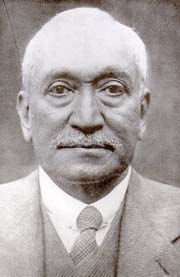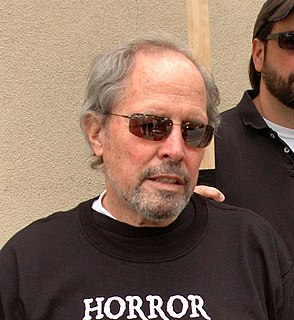A Quote by Ryan Reynolds
It's tough. It's very tricky to throw a morally flexible character onto the screen and have an audience empathize. It's always an exercise in restraint.
Related Quotes
And it took to "The Devil Wears Prada" to play someone tough, who had to make hard decisions, who was running an organization, and sometimes that takes making tough decisions for a certain kind of man to empathize. That's the word - empathize. Feel the story through her. And that's the first time anybody has ever said that they felt that way.
I always want the audience to identify with my character in some way. I mean, sometimes you'll get characters that aren't very identifiable. Sometimes you can't relate to your character at all. I think it's important to keep the audience interested. But the best advice that I've gotten is to live in the moment.
At the same time the Muslims are commanded to exercise self-restraint as much as possible. Force
is a dangerous weapon. It may have to be used for self-defense or self-preservation, but we must
always remember that self-restraint is pleasing in the eyes of Allah. Even when we are fighting, it
should be for a principle not out of passion.
I love mythology and folklore, and I respect the time, money, and opportunity that a film gives to an audience. It's a chance to empathize, reflect, and learn, so I really want to understand before I sign onto a project: 'What's the potential of this thing? What are we seeing and learning? What are we empathizing to?'
I prize the purity of his character as highly as I do that of hers. As a moral being, whatever it is morally wrong for her to do,it is morally wrong for him to do. The fallacious doctrine of male and female virtues has well nigh ruined all that is morally great and lovely in his character: he has been quite as deep a sufferer by it as woman, though mostly in different respects and by other processes.


































